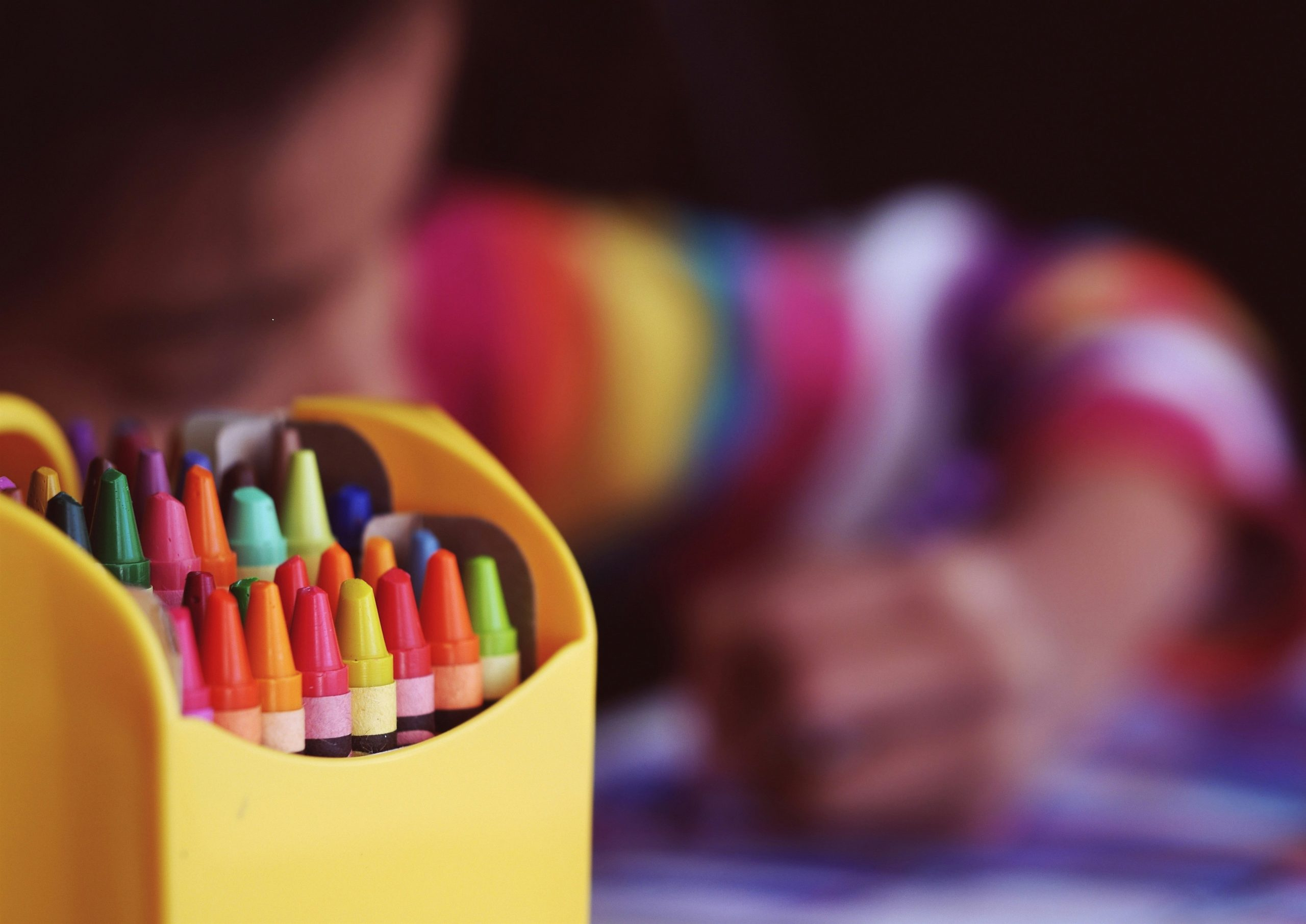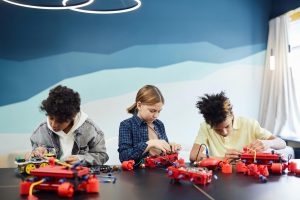How social-emotional learning improves academic performance
Social-emotional learning (SEL) is a buzzword in the education world, and for good reason. With a growing emphasis on academic success and college readiness, schools are discovering that teaching students social and emotional skills can have a profound impact on their overall academic performance. In fact, research has shown that SEL not only improves student behavior and relationships, but it also leads to increased academic achievement. So, what exactly is SEL and how does it improve academic performance? Let’s dive deeper into the connection between social-emotional learning and academic success.
The Basics of Social-Emotional Learning
Social-emotional learning is the process through which children and adults acquire and effectively apply the knowledge, attitudes, and skills necessary to understand and manage emotions, set and achieve positive goals, feel and show empathy for others, establish and maintain positive relationships, and make responsible decisions. These five core competencies, as outlined by the Collaborative for Academic, Social, and Emotional Learning (CASEL), are the foundation of SEL and can be taught and practiced in a variety of ways.
Self-Awareness
The first competency, self-awareness, is all about understanding one’s own emotions, thoughts, and values. Students who are self-aware are able to regulate their emotions, set realistic goals, and show self-motivation. This can lead to improved academic performance as students are better equipped to manage stress and distractions, make effective decisions, and stay focused on their goals.
Social Awareness
Next is social awareness, which is the ability to understand and empathize with others. Students who are socially aware are able to demonstrate respect for diversity, recognize and respond to unspoken norms, and understand the perspectives of others. By improving social awareness, students can create a positive classroom environment and build stronger relationships with their peers, which can lead to increased collaboration, motivation, and academic success.
Self-Management
The third competency, self-management, focuses on regulating one’s own emotions and behaviors. Students who possess this skill are able to effectively manage stress, control impulses, and set and achieve personal and academic goals. By developing self-management skills, students can become more responsible, resilient, and motivated, leading to better academic performance.
Relationship Skills
The fourth competency is relationship skills, which is the ability to form and maintain healthy and positive relationships. Students with strong relationship skills are able to communicate clearly, listen actively, and make responsible decisions in their interactions with others. This can lead to improved classroom dynamics, enhanced social support, and better academic outcomes.
Responsible Decision-Making
The final competency, responsible decision-making, is all about making ethical and constructive choices. Students who possess this skill are able to identify and analyze problems, evaluate the consequences of their actions, and make responsible and safe decisions. By teaching students how to make responsible decisions, they can better navigate challenges, make positive choices, and achieve academic success.
The Connection to Academic Performance
Now that we understand the basics of social-emotional learning, it’s clear to see how these core competencies can contribute to improved academic performance. By fostering skills such as self-regulation, empathy, goal-setting, and responsible decision-making, students are better equipped to succeed academically. Here are just a few ways that social-emotional learning can enhance academic performance:
Improved Problem-Solving
Social-emotional learning teaches students how to identify and analyze problems, make responsible decisions, and find solutions. These skills can be applied to academic challenges, such as difficult homework assignments or complex projects. By learning how to approach problems in a strategic and responsible manner, students can achieve better outcomes and improve their academic performance.
Enhanced Focus and Academic Engagement
By teaching self-regulation and stress-management skills, SEL helps students stay calm and focused during challenging tasks. This can lead to improved academic engagement, as students are better able to concentrate on their studies without being overwhelmed by negative emotions. Plus, by nurturing a positive classroom culture through improved social skills, students are more motivated to participate in class and achieve success.
Stronger Peer Relationships
Social-emotional learning also helps students build positive relationships with their peers, which can have a direct impact on academic performance. Students who feel connected to their classmates are more likely to participate in group projects, seek help when needed, and feel motivated to succeed together. By fostering a sense of belonging, SEL can improve social support and lead to better academic outcomes.
Implementing Social-Emotional Learning in Schools
As we can see, the benefits of social-emotional learning are numerous and can greatly contribute to academic success. It’s important for educators to implement SEL into the school curriculum and create a supportive and welcoming learning environment. This can be done through various methods, including integrating SEL into regular lessons, incorporating SEL activities into the daily routine, providing SEL professional development for teachers, and involving families and communities in the SEL process. With a commitment to social-emotional learning, schools can help students thrive both academically and emotionally.
Conclusion
Social-emotional learning is more than just a buzzword – it’s a powerful tool that can have a positive impact on students’ academic performance. By teaching students how to effectively manage their emotions, build relationships, and make responsible decisions, SEL sets the stage for a successful and fulfilling academic journey. By implementing these skills into the classroom, schools can create a more positive and supportive learning environment and help students achieve their full potential.










